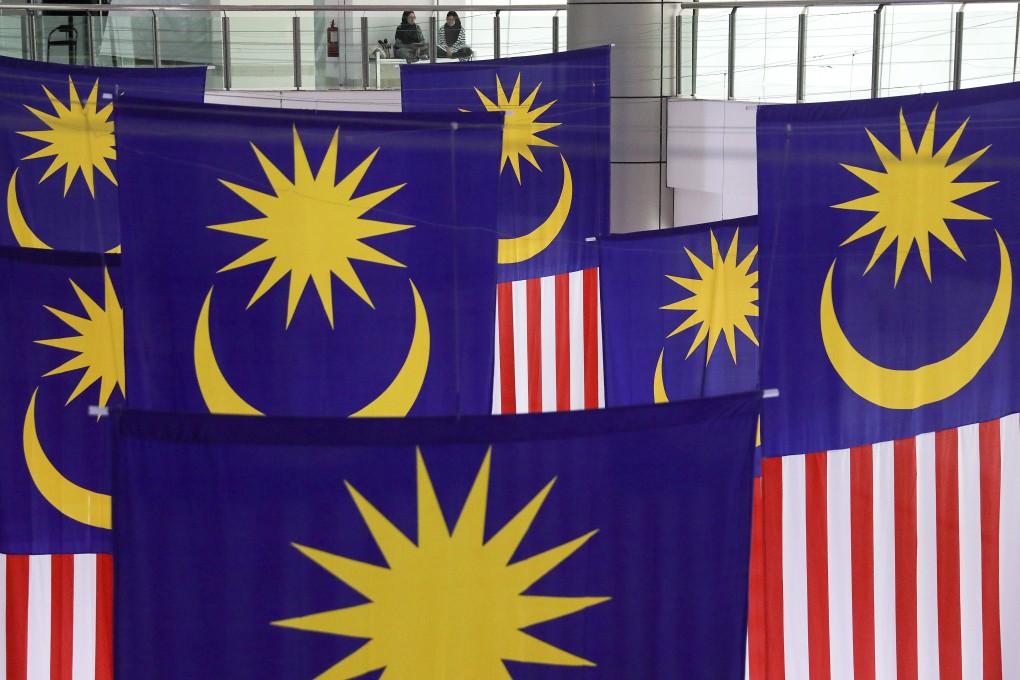Advertisement
Explainer | Malaysia’s Sabah state elections: what issues will decide the polls?
- PM Muhyiddin Yassin has pledged to hold general elections should a member party of his ruling Perikatan Nasional coalition score a win in Sabah
- But from rising nativist sentiment to lagging development and disputes over oil revenues, the issues facing the Bornean state are many and diverse
Reading Time:6 minutes
Why you can trust SCMP
0

With just days to go before Malaysia’s Bornean state of Sabah heads to the ballot box on Saturday, the fight for political primacy has hit fever pitch as candidates of all stripes engage in wars of words in their bids to come out on top.
A total of 447 candidates from 15 parties will contest 73 state assembly seats in Sabah, the vast state on the island of Borneo that is home to some of Malaysia’s most pristine beaches and jungles but also lags in development – a major source of discontent among voters, many of whom are young.
Malaysian Prime Minister Muhyiddin Yassin of the Perikatan Nasional coalition, which came to power in March following a political coup, has already pledged that a victory in Sabah would see the federal government “hurry up and have the general election” – a move that is required to legitimise his position and solve the razor-thin majority his coalition holds in the country’s parliament.
The elections will see Shafie Apdal – leader of the Sabah Heritage Party (Warisan) that has governed the state since 2018 – and his allies from opposition coalition Pakatan Harapan go up against candidates from Muhyiddin’s Perikatan Nasional and its collaborators such as the United Malays National Organisation (Umno), which has styled itself as the Gabungan Rakyat Sabah (Sabah People’s Alliance) for this election.
Nativist sentiment
One of the key campaign issues is that of undocumented foreigners living and working in Sabah, a matter that holds particular resonance among the Kadazan, Dusun and Murut indigenous ethnic groups in the state. This vote bank are the “kingmakers” in the state’s elections, according to political analyst Oh Ei Sun, a senior fellow at the Singapore Institute of International Affairs.
Advertisement